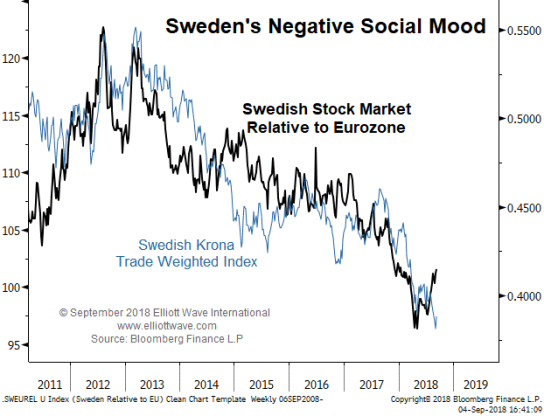Impact investments are investments made into companies, organizations, and funds with the intention to generate social and environmental impact alongside a financial return.
The Global Impact Investing Network
The usual meaning of transparency in relation to the financial sector conjures up notions of useful information being freely available to investors, regulators and the broader public. In recent years, however, a different concept of transparency has become applicable to the investment market: disclosure of the social and environmental impact that an investment has on the world around us. The rapidly growing impact investment market seeks to deliver positive social impact as well as sound financial returns. This article will examine how they manage to balance both.
White House Parley
Recently, the U.S. National Advisory Board on Impact Investing held a roundtable at the White House where the current state of impact investing as well as its goals for the future was discussed. As a result of the meeting, over $1.5 billion in new investments aimed at achieving social and environmental impact were pledged by various investment institutions. The funds will benefit social entrepreneurs by enabling them to launch, grow and sustain various social endeavors.
From Government Regulation to Self-Regulation
The investment community was historically overseen by regulators who monitored negative impacts that business activities might impose on the environment or on society. By the 1990s, the focus shifted to in-house oversight as foundation endowment funds began to merge their pecuniary mission with the quest for sustainable financial returns. Today, the internal governance mechanisms seek to blend stakeholder financial interests with corporate social responsibility.
Investing in People and Ideas
The new energy that is driving impact investing comes from the realization that the people and ideas that can change the world are worth investing in not only from the social contract point of view, but also from the technological/industrial and thus financial rewards that flow from impact investing.
Allocating for Impact
Well-established institutional investors are increasingly allocating substantial sums to impact investing. According to Audrey Choi, CEO of Morgan Stanleys Institute for Sustainable Investing:
While the concept of adapting ones investment philosophy to align with institutional or individual values has been around for centuries, today, a number of powerful political, economic and societal mega-trends are combining to produce a global investment landscape that increasingly demands more transparency, more accountability and more integration of beliefs and values into all spheres of activity. Taken together, these factors help accelerate the development of sustainable investing.
One philanthropic investment firm has earmarked more than $709 million for both for-profit companies and nonprofit organizations that promote economic opportunity and other initiatives geared toward technological and social advancement.
David draws on 20+ years’ experience in both legal practice and in business services delivery since his own call to the Bar in 1989. With several years in the startup environment, including as a co-founder in the legal tech space specifically, he brings a unique and timely perspective on the role of data, automation and artificial intelligence in the modern and efficient delivery of services for legal consumers. Having been both a corporate buyer of legal services and a services provider, he identifies the greater efficiency and value that can be achieved in legal operations for corporate buyers especially.
An attorney, David worked for law firms Pinsent Masons and Linklaters in London before moving to New York to join Credit Suisse. As CAO, he helped negotiate & execute the relocation of Credit Suisse into its new NYC global HQ. Subsequently, David directed major global outsourcing, shared sourcing, HR operations & process efficiency initiatives including the digitization of records, the global roll-out of PeopleSoft HRMS & Y2K. David has worked extensively in the UK, US, Philippines, India and China markets in the areas of data management, human resources and business process outsourcing.
Most recently, David has been successfully investing in and serving as an advisory board member of several legal services start-ups including a cloud-based solution for legal process automation and e-filing; and a technology solution for large-scale capture of court and other public data used for litigation analysis, among others.
David graduated from the University of Manchester with Honors in Law and Bar School (College of Legal Education) in London, and has been a member of Middle Temple since 1989. He is the founder and former Chairman of The Global Sourcing Council.
Member: Bar of England & Wales, ABA, NYCBA, ACC, DRI









































